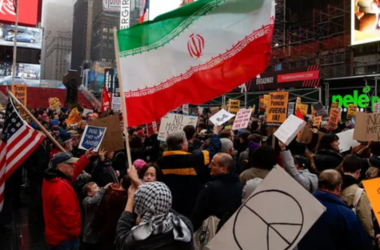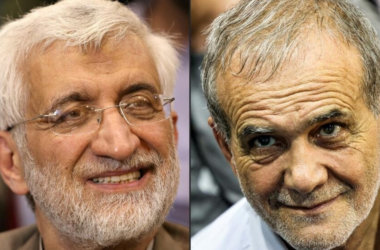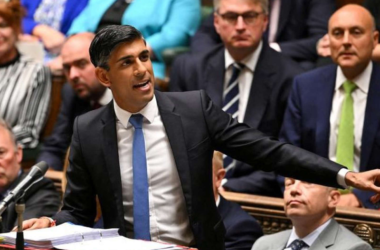Puma, the German sportswear giant, has confirmed the termination of its sponsorship agreement with Israel’s national football team, according to an internal note reported by the Financial Times on Tuesday. Contrary to speculation, the decision, made a year ago, is attributed to financial considerations and is unrelated to consumer boycott calls during Israel’s conflict with Gaza.
Puma’s internal note, seen by the Financial Times, outlines the company’s decision not to renew the contract with the Israel Football Association (IFA) after 2024. The termination marks the end of Puma’s sponsorship of Israel’s national football team, a move made independently of external pressures or boycott calls.
Sources familiar with Puma’s internal discussions reveal that the decision to drop Israel’s national football team from its sponsorship portfolio is rooted in financial considerations. Puma’s move is aligned with a broader strategic approach of being “fewer-bigger-better” in sports marketing.
The internal note hints at Puma soon announcing a new partnership with a high-profile team, emphasizing the company’s commitment to refining its sports marketing strategy and pursuing collaborations that align with its objectives.
Puma’s sponsorship of Israel’s national football team had previously sparked controversy and calls for a boycott from activists who accused the sportswear brand of supporting Israeli settlements in the West Bank. Puma consistently refuted these claims, asserting its sole involvement with the national team and not club-level activities.
In recent weeks, brands like Puma and Zara have faced pro-Palestinian demonstrations outside their stores worldwide, reflecting public sentiment regarding their perceived pro-Israel stance. The protests, spurred by accusations against Puma, highlight the intersection of sports sponsorship and political controversies.
Puma’s decision to end its sponsorship of Israel’s national football team, based on internal financial considerations, adds a new dimension to the ongoing discussions around sports and politics. The move aligns with Puma’s strategic vision of being more selective in sports marketing partnerships, and the imminent announcement of a new collaboration reflects the brand’s commitment to evolving its global partnerships.








